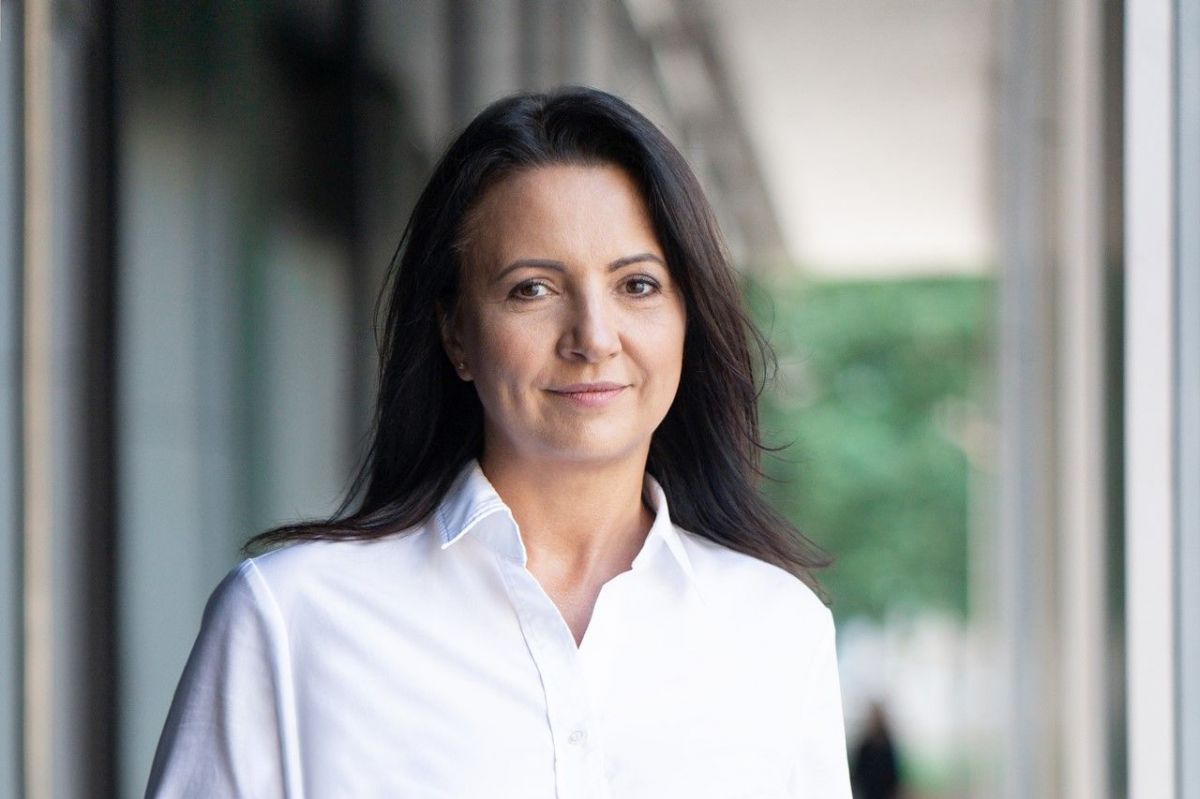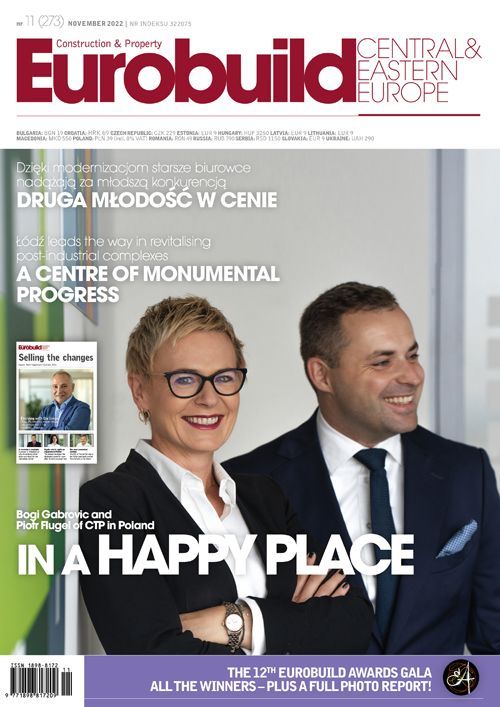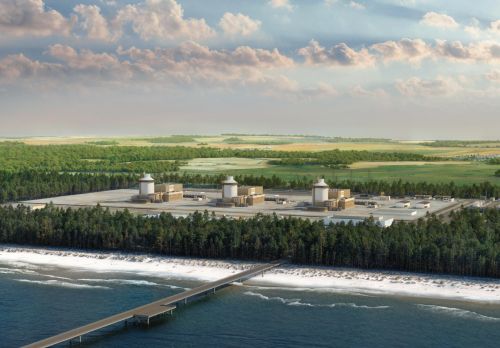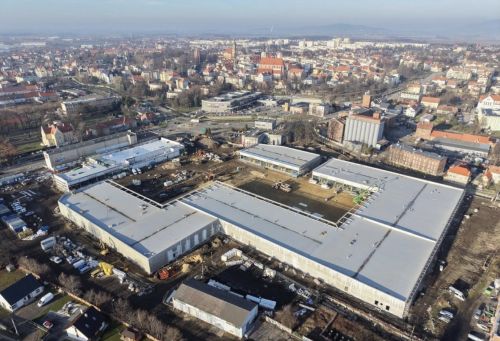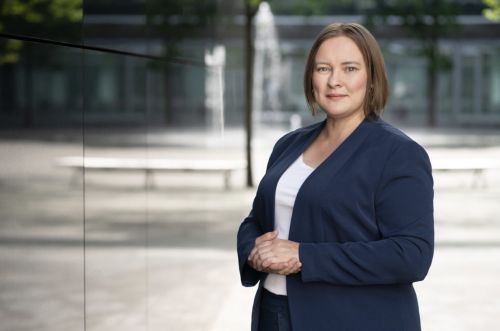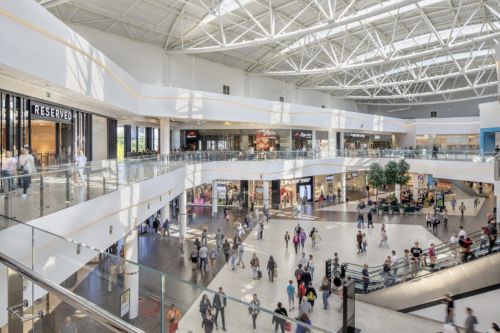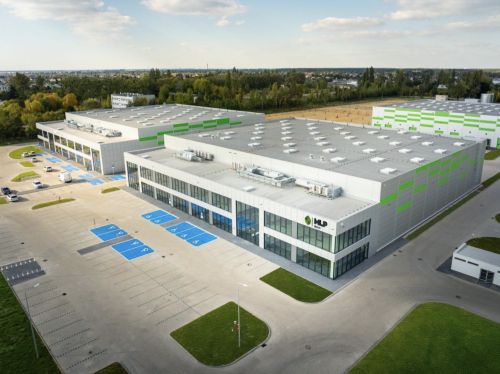We meet just after the completion of the sale of the Galeria Andrychów retail park in southern Poland, which was both built and completed during the pandemic. How did you manage to do this?
Anna Dużyńska, Poland CEO, Equilis Europe: We had to face many challenges and took bold decisions during a difficult time, which our eventual tenants have clearly appreciated. It’s enough to say that we selected our general contractor in September 2020 at the height of the lockdown. We not only had problems with finalising the project, but also with getting hold of building materials, because the supply chains were broken and had to be restructured. But our tenants believed in the project and supported us – none of them backed out. We completed the construction work in 2021, when the market had stabilised and Galeria Andrychów was already fully leased. The market recognised our efforts and as a result we were able to sell the project almost as soon as it was built.
In the retail sector
